10. The Long Good Friday (1980)
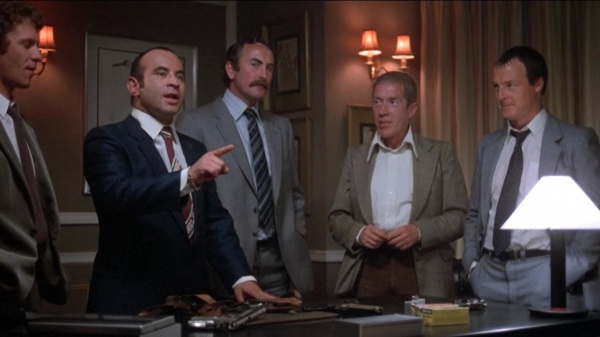
In this sly time capsule of Thatcher’s neoliberal Britain, a career-best Bob Hoskins plays Harold Shand, a sleazy London crime boss who fancies himself a legitimate businessman and is on the verge of sealing a lucrative real estate deal with the American Mafia. Sudden twists, unexpected turns and cruel twists of fate abound as his entire criminal empire threatens to implode from within after an unknown foe kills two of his right-hand men, attempts to murder his mother, and blows up his property.
The louder bursts of violence, wall-to-wall needle drops, and no-holds-barred climax grab all the attention, but they’re a payoff that feels thoroughly earned by the clever character study of a desperate man well out of his depth that director John Mackenzie carefully builds over the course of the film. A timeless classic.
9. Prince of the City (1981)
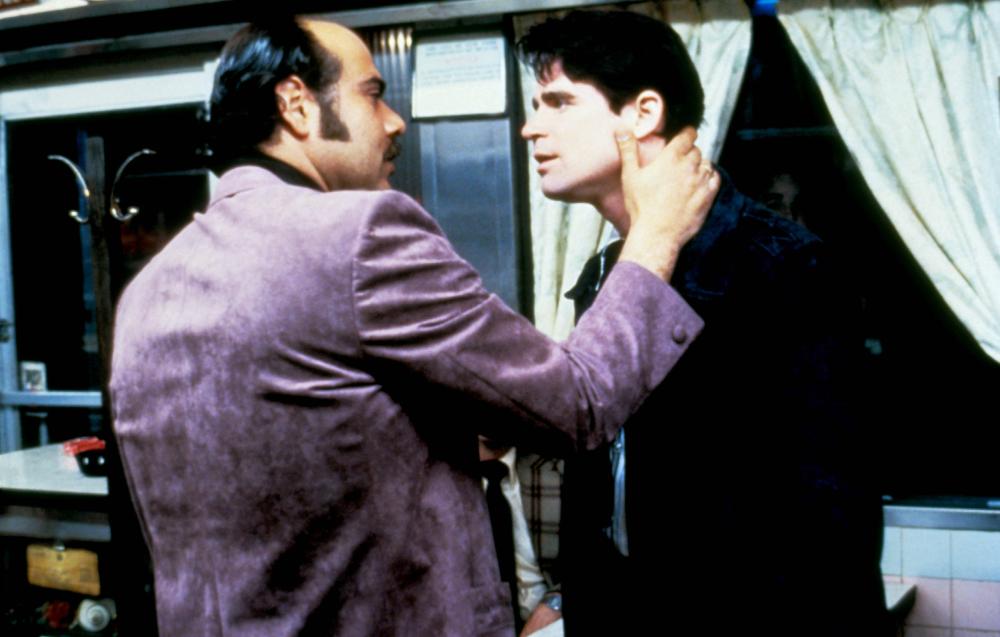
A morally compromised narcotics officer (Treat Williams) is caught in a vortex of conflicted loyalties upon agreeing to help the US Department of Justice prosecute his fellow partners within the NYPD in Sidney Lumet’s spiritual follow-up to his Pacino-led whistleblower drama “Serpico”.
The corruption and institutional rot that corrodes every underlying infrastructure of power in America—and the steep price one has to pay to put an end to it—is captured with chilling rapture in “Prince of the City”, a morality play that sits in direct conversation with “12 Angry Men” and “Network” in its uncompromising cynicism and clear-eyed indictment of the powers-that-be. A personal favorite of Martin Scorsese, Lumet’s NYC cop drama might get a little lost in the director’s canon, but its clear-eyed message remains as essential today as it was in 1981.
8. Dead Ringers (1988)
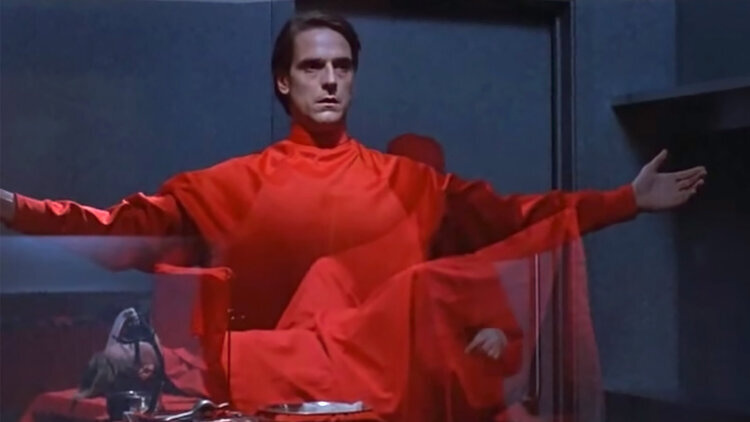
David Cronenberg has spent most of his career pushing all kinds of boundaries in the realm of body horror, but the mastermind behind “The Fly” and “Videodrome” shifted gears to the thriller genre and found a sublime expression to his trademark obsessions in this 1988 cult hit, which follows two identical twin gynecologists (Jeremy Irons, in a commanding double-duty role) who share patients and love interests without a second thought.
That “Dead Ringers”, which recently enjoyed a gender-flipped remake by Amazon Video led by Rachel Weisz, is somewhat straightforward and accessible by usual Cronenberg standards tells you all you need to know about the rest of his gruesome catalog. Make no mistake, however: watching how the twins’ splintered mindscape begins to crumble as they grapple with their symbiotic relationship summons the same kind of creepy thrills of watching James Wood insert a VHS tape into his own abdomen.
7. The Killer (1989)
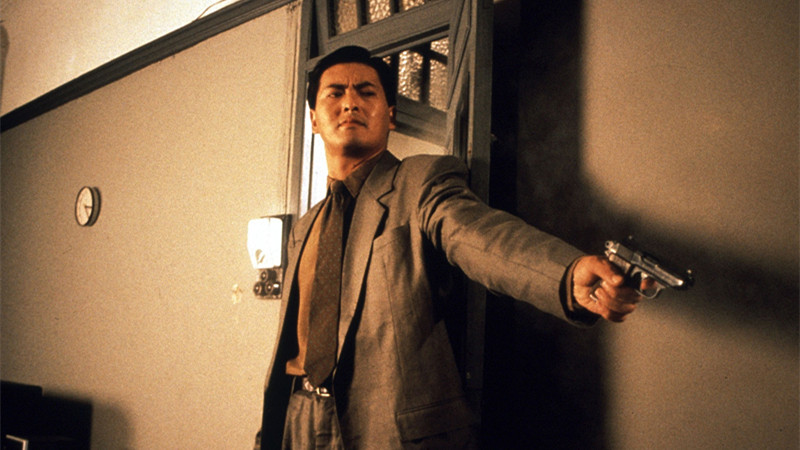
For the better part of the Eighties, one name stood a cut above the rest in the realm of action filmmaking: John Woo. Out of all of the bullet-ridden collaborations between the prolific Hong Kong director and future A-lister Chow Yun-Fat, “The Killer”—an explosive cocktail of gun-fu ecstasy that was a clear inspiration for the John Wick series—struck the finest balance juggling between the director’s signature themes, cheesy melodrama, and breathtaking action set pieces.
Chow brings a degree of live-wire intensity and coolness as Jeffrey, a suave mob hit man with a guilty conscience who teams up with a rogue policeman for one last job before calling it quits. If you’re still unfamiliar with John Woo you’re genuinely missing out on some of the best the genre has to offer, but “The Killer” is as good a place as any to dip your toes into his work.
6. The Vanishing (1988)
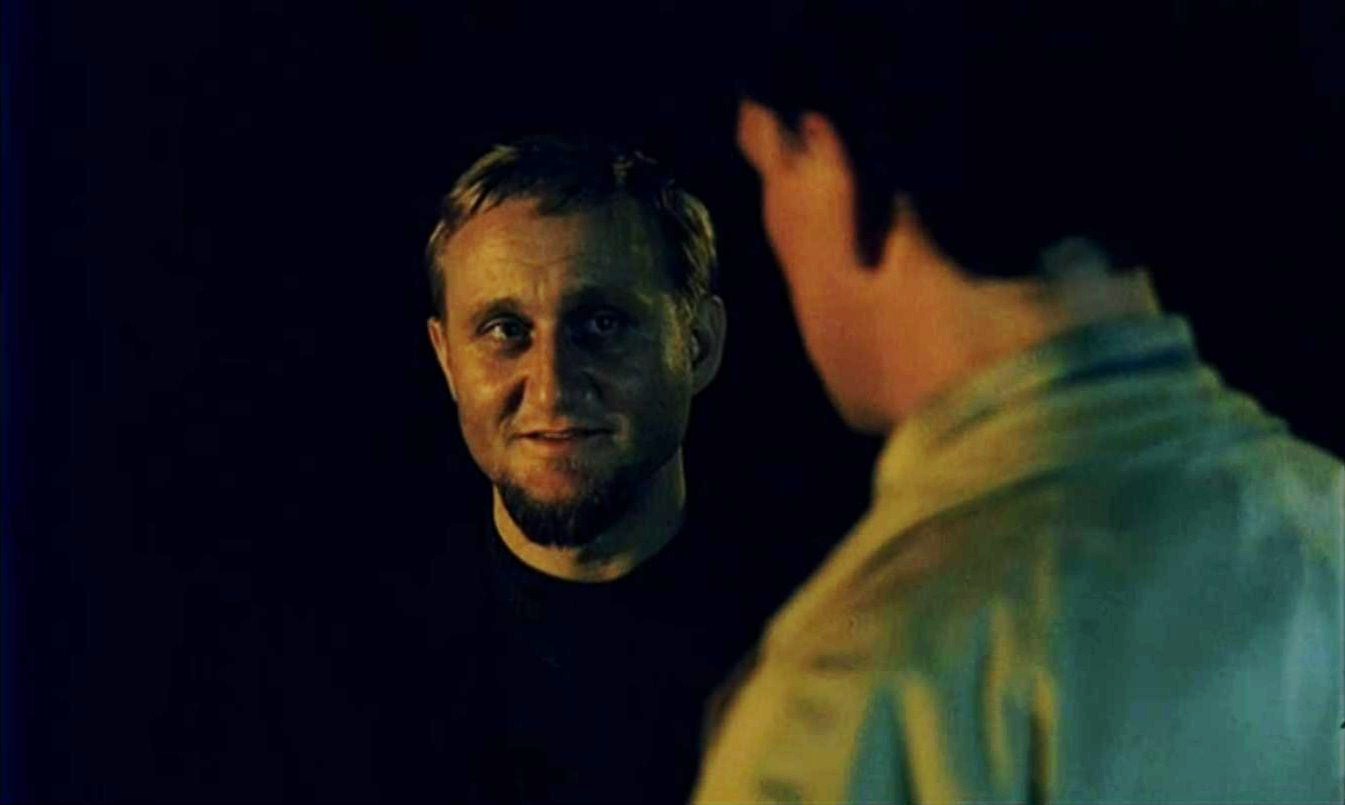
If you’re looking for a breezy thriller with a quasi-happy ending, George Sluizer’s classic—a film that not only scared the shit out of moviegoers but apparently Stanley Kubrick himself—is very much not it. But in a genre where movies are usually only as good as their villain is, this underlooked Austrian gem stands tall as a high-water mark worthy of reappraisal.
The sudden disappearance of a young Dutch woman at a gas station during a summer holiday in France supplies the bedrock for this chilling cross-section of grief, trauma and obsession. A slow-burner that builds scares from pure suspense and slowly seeps into your bones, “The Vanishing” startles in its realistic approach—thrusting viewers into the warped mindscape of a seemingly ordinary family man who turns out to be a crazed psychopath who abducts women for fun. Proceed with caution.
5. After Hours (1985)
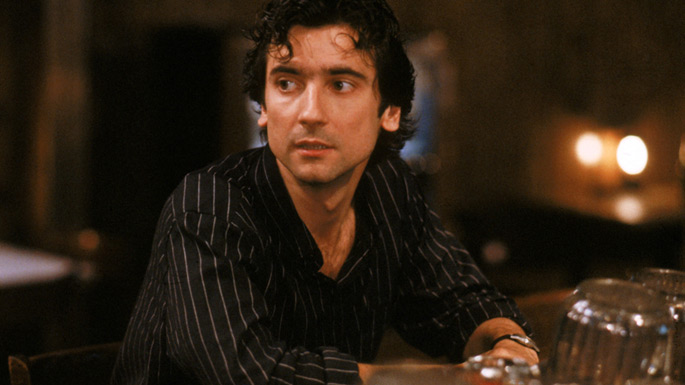
The stock of Martin Scorsese’s love-hate letter to New York City has only risen over the years, gradually becoming a cult hit with a 2023 Criterion release to boot. Following a few commercial duds and botched passion projects, the Queens native switched gears with this nightmarish nail-bitter about an uptight Manhattan office drone (Griffin Dunne) who ventures downtown for an after-midnight hookup only to wind up stranded at Soho with no means of returning home.
What truly sets this Kafkaesque pressure cooker apart is that it feels at once a trip down to purgatory and something all-too-real. In the past fifty years, few directors have had their finger on the pulse of the city that never sleeps quite like Martin Scorsese. Much like “Taxi Driver”, “After Hours” nightmarish vision of New York suggests an urban hellscape on the verge of collapsing on itself as made by someone who’s wandered around the same streets and sidewalks as its tortured character.
4. Thief (1981)

The late James Caan will always be best remembered as the hot-headed son of Vito Corleone in “The Godfather”, but in terms of sheer panache, his role in Michael Mann’s gritty, pitch-black debut isn’t far off. “Thief” feeds off Caan’s desperation and electrifying screen presence as Frank, a weathered professional safecracker who reluctantly agrees to one last job in a high-stakes jewel heist before calling it quits and riding off into the sunset with his cashier girlfriend.
Things are not as simple as our tormented ex-con had hoped for, whose facade of steely bitterness hints at a softer, remorseful interior. Watching him operate and steal $410,000 worth of diamonds is exhilarating in its own right, but the real thrill of the films lies in trying to figure out if he’ll manage to outfox his competition and leave his criminal past behind him for good—all while secretly rooting for him to do so.
3. Blood Simple (1984)
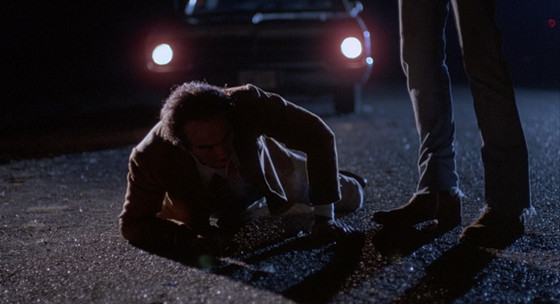
Tradition usually dictates that directors break out within their second or third movie at the earliest. Astoundingly yet not quite surprisingly in retrospect, the Coen Brothers’ rip-roaring debut arrived fully formed and laid the foundation for one of the greatest creative runs in modern cinema history (and some would argue the most formidable directorial partnership since Powell and Pressburger).
Despite budget constraints, “Blood Simple” is a lean, focused knock-out that has all the hallmarks of a Coen picture: murder, betrayal, a big stash of money, a pileup of misunderstandings, double-crossing galore… The obvious highlight is Frances McDormand’s scene-stealing turn in her screen debut as the adulterous wife of a sleazy small-town bar owner (Dan Hedaya), but the Coens stage the suspense with such thrilling gusto one easily forgets this was their first rodeo on the director’s chair. It may have tanked at the box office, but “Blood Simple” retains its spell almost 40 years on.
2. Blue Velvet (1986)
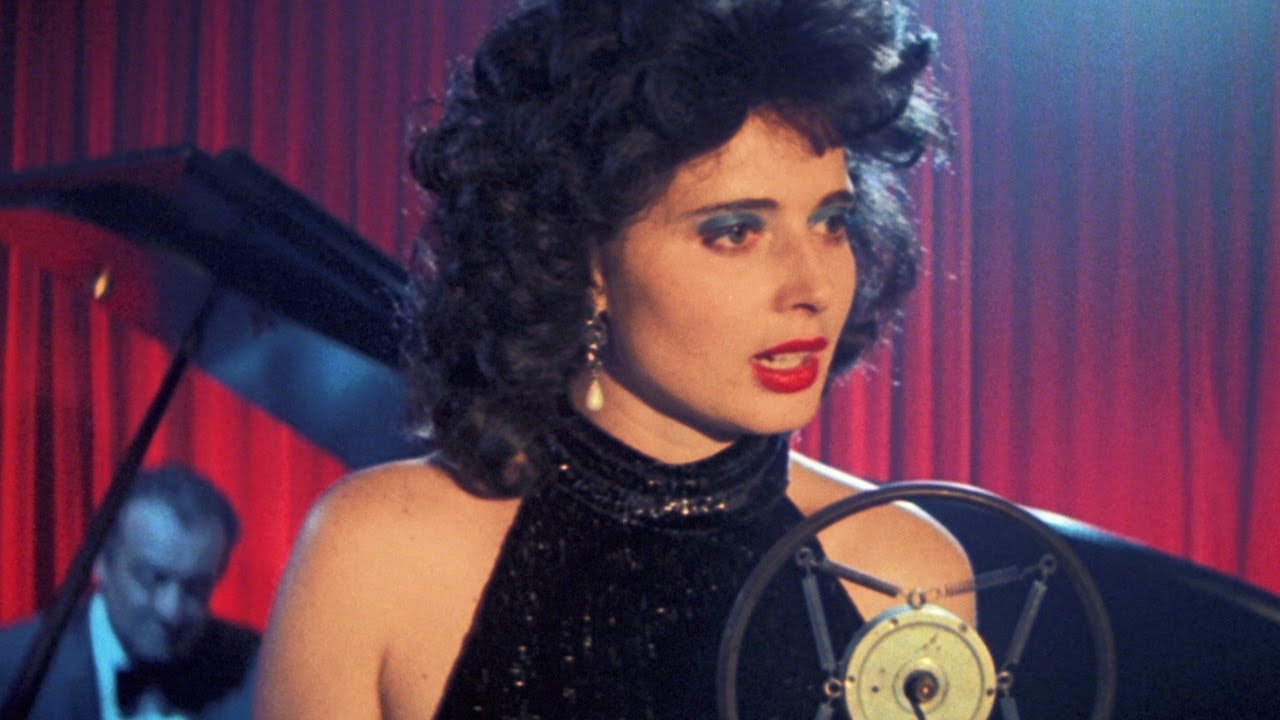
In which David Lynch surveys midcentury small-town America and peels back the curtain to expose the sinister underbelly festering beneath its veneer of suburban normalcy. The sudden discovery of a severed human ear in a field leads thrill-seeking ingénue Jeffrey Beaumont (Kyle MacLachlan) and his wide-eyed neighbor Sandy (Laura Dern) down the rabbit hole into a depraved criminal underworld beyond their wildest dreams where they stumble across nightclub singer Dorothy Vallens (Isabella Rossellini).
A subversive look at Reagan’s USA and the attitudes of the nation regarding sex and violence, “Blue Velvet”—like most of David Lynch’s output—appears to exist solely at the juncture of dream and make-believe fantasy. It’s within that realm that the film continues to endure, as a half-remembered memory tucked away somewhere in the murky depths of our subconscious.
1. Blow Out (1981)
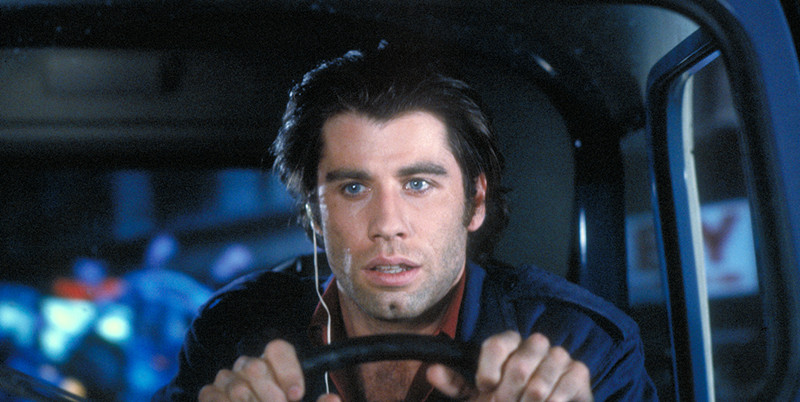
Perhaps no director tapped into the unerring sense of dread and paranoia that pervaded the post-Nixon years more effectively than Brian De Palma, who found a sublime expression to his pulp obsessions and Hitchcockian inspirations in “Blow Out”.
A modern reworking of Antonioni’s 1966 thriller “Blow-Up”, the film stars John Travolta as a second-rate sound technician who unintentionally picks up audio evidence of a political assassination while scouting for sound effects for a horror B-movie. This collision of whiz-bang genre pyrotechnics, split-diopter shots and Giallo-inspired bloodshed reels you in with its conspiracy-thriller facade before slowly opening into a potent examination of voyeurism, filmmaking and the American dream. Even in a decade when De Palma scored big with “Dressed to Kill”, “Scarface” and “Body Double”, “Blow Out” is in a tier of its own.